Misogyny is hate, we must treat it as such
During an interview, Boris Johnson stated that he doesn’t believe misogyny should be classed as a hate crime. This is why he’s wrong, writes Tom Huggins-Teasdale
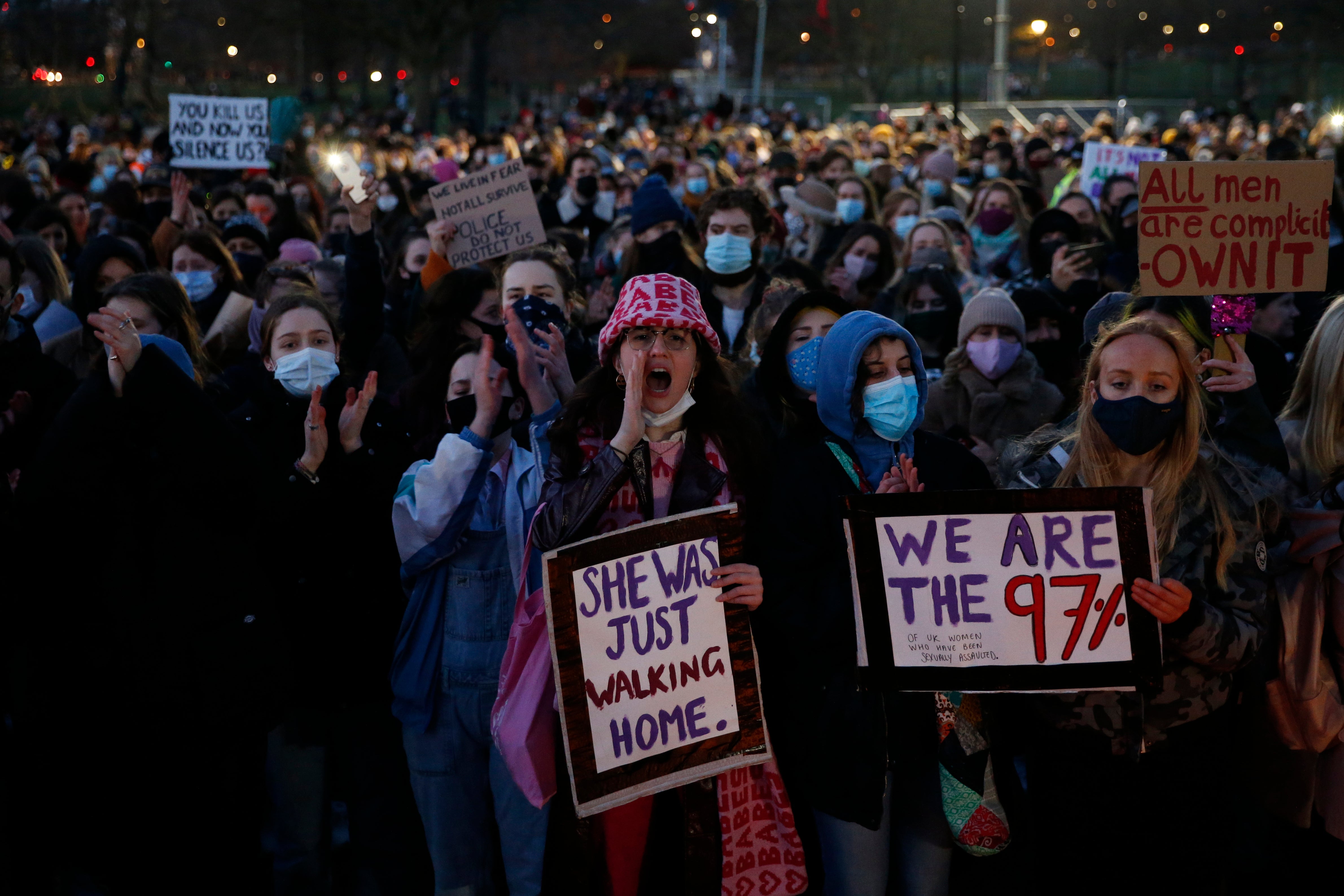
This year’s Conservative Party conference has passed, but the events that took place across that weekend have the potential to affect us for years to come, none more so perhaps than the women of the UK.
While the headlines may focus on the populist keynote speech given by the prime minister to close the conference, there was a more disturbing thread running through it which, if pulled, threatens to unravel the already tenuous protections afforded to women in the UK. What that weekend showed us, if we care to look closely enough, is that the country’s issues with misogyny are displayed at the highest level of government.
During an interview with the BBC given over conference weekend, Boris Johnson stated that he doesn’t believe that misogyny should be classed as a hate crime enforceable by the police. The prime minister didn’t suggest that misogyny is not motivated by an internalised or societal hatred of women, instead his reasoning was that “widening the scope” of the force’s responsibilities to include enforcement of this law would stretch them beyond their capacity. This offers a mixed message. In one sense the prime minister shows that he both recognises the massive scale of the issue within his nation, but he also implies that it’s not worth the resources it would take to allow the police force to effectively tackle it.
It’s also worth noting that as part of the prime minister’s closing speech, he promised to increase successful prosecutions for rape stating that “too many cowardly, bullying men are using the law’s delay to get away with violence against women, and we cannot, and will not stand for it”. One has to wonder how refusing to give police a legal process to deal with misogynistic behaviour, which at its base level is at least a precursor to violence against women, will help them to achieve this aim.
At the podium this time, giving his conference address Dominic Raab made his promise to “overhaul” the Human Rights Act. This is a message which has concerned human rights campaigners who have been all too aware of Raab’s dislike for both the act itself and the rights it contains. Raab has been quoted previously as saying he doesn’t “believe in economic and social rights”. When we take a moment to examine what those rights actually are, it becomes easy to see the ways in which invalidating these rights would have a detrimental impact on women.
The UN states that economic, social and cultural rights include “the rights to adequate food, to adequate housing, to education, to health, to social security, to take part in cultural life, to water and sanitation, and to work”. The alternative to these rights is a lack of protections from starvation and homelessness, lack of education and healthcare, unsafe water and a non-existent social safety net. We have to question what it is about this alternate vision that anyone could prefer, and also think about the way in which women as an oppressed group under patriarchy would suffer disproportionately; with no legal means to defend against restrictive bias.
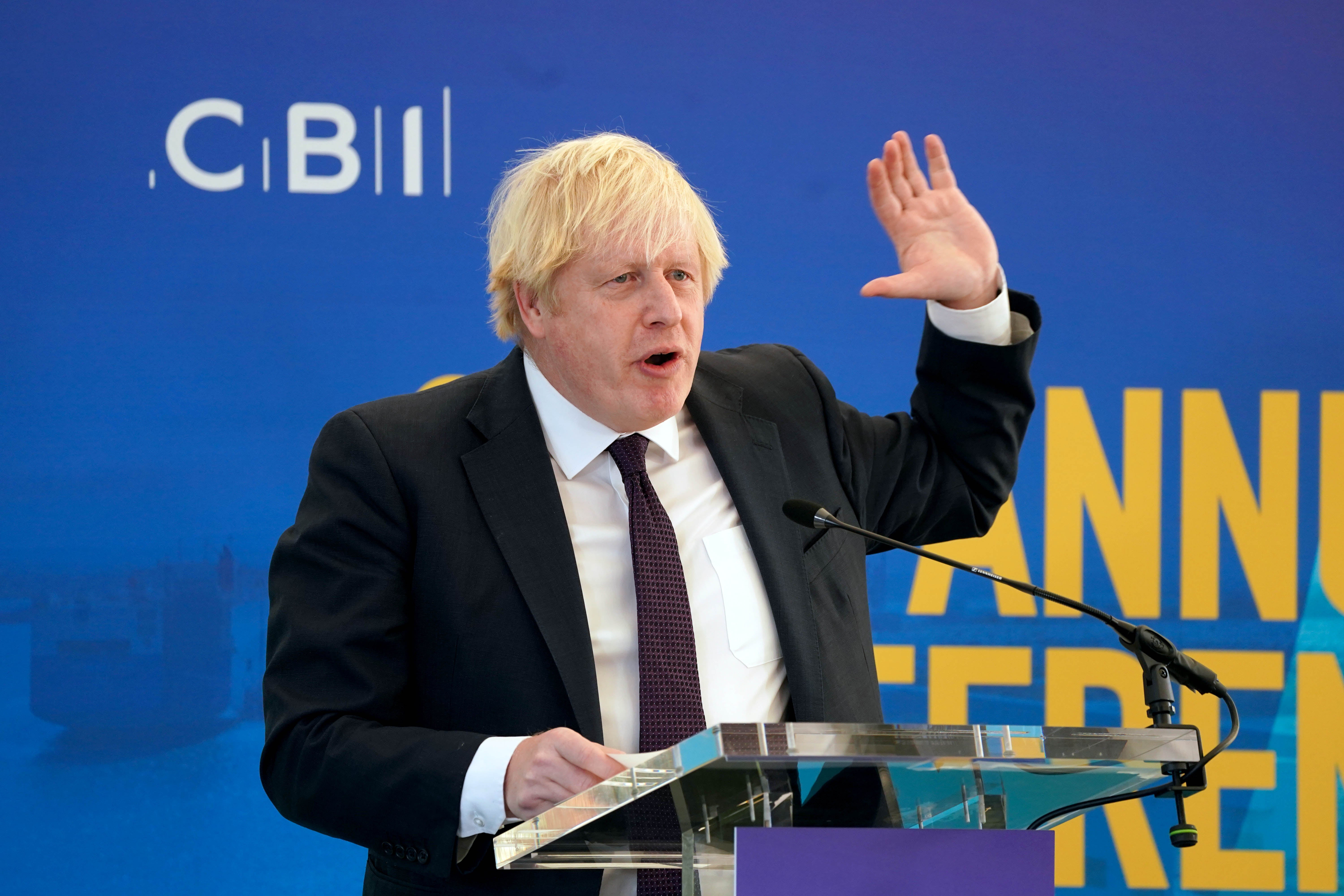
Added to this, we have the deputy prime minister’s recent troubling statement in an interview with the SundayTelegraph, that he is working on a “mechanism” to allow parliament to “correct” court judgements. This would give parliament the right to alter decisions made by the European Court of Human Rights by quickly passing legislation that changes the legal basis of the decisions. It would also have the effect of allowing parliament to negate decisions made by the UK’s Supreme Court if it chose to. It’s difficult to state how damaging this could be for human rights cases within the UK, especially as the number of policies designed to continue the Home Office’s “hostile environment” practices, which continue to have a negative effect on women in migrant communities, would become almost impossible to challenge.
Perhaps the most concerning thing about this development however, was when Raab demonstrated during an interview that he didn’t understand the concept of misogyny. He stated “insults and misogyny is absolutely wrong whether it's a man against a woman or a woman against a man”. That a man who doesn’t appear to understand the definition of misogyny is going to be responsible for reworking an act that has been used to great effect in the defence of women, should be of grave concern to anyone worrying that those rights won’t be protected.
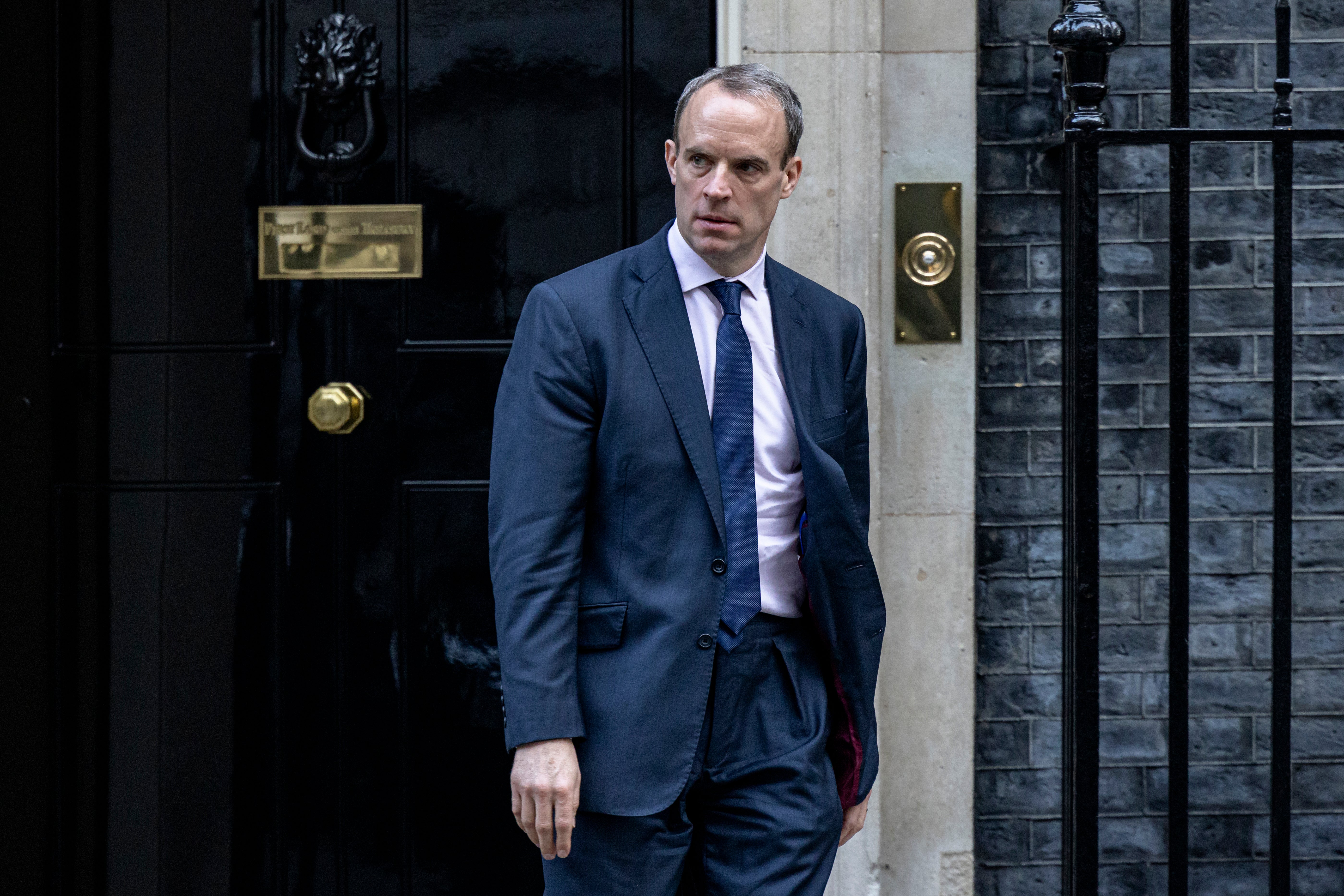
Of course, these are just two examples taken across the weekend of Conservative Party conference. The wider British political sphere from MPs on both sides of the house to vocal party members has shown us in the past that it can be guilty of purporting the same misogynistic attitudes. Seemingly, neither side of the political divide is free from the shadow of misogyny.
Examples are not hard to find. From David Cameron’s 2011 outburst of “calm down dear” aimed at then shadow chief secretary Angela Eagle, to Johnson’s defence of a Conservative candidate who told women to “keep your knickers on” to prevent rape. The demeaning misogynistic comments made about Tracey Brabin’s choice of dress or Lisa Nandy stating that she wouldn’t run for the Labour Party leadership a second time, due to sexist abuse during her campaign in 2019. Our political system has shown that when it comes to its attitude towards women, it can sadly mirror some of the biased patriarchal attitudes held in wider society.
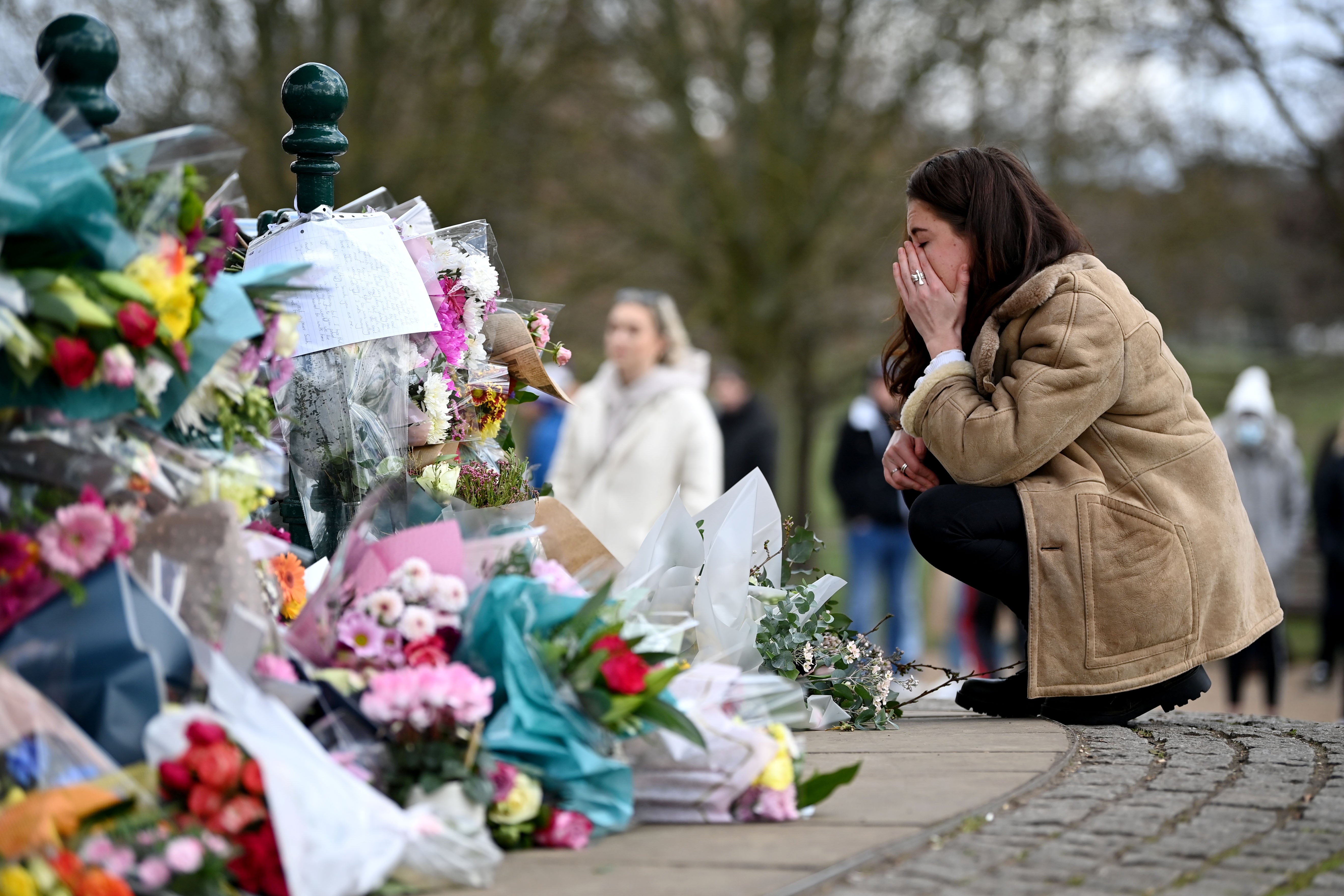
In some ways that’s to be expected as those who sit in Westminster are, after all, elected from our populace, and misogyny is a societal issue. In other words, our MPs are as likely to be affected by bias as those who elect them. The problem with that line of thought, however, is that they’re supposed to represent all members of their respective constituencies. This becomes an impossibility if their views or personal prejudices contain bias against women. Once more, women are under-represented and silenced. Moreover, the attitudes of our political classes can be an important factor in influencing the mood and attitudes of our society, and that includes the services that operate within them.
We have to question the wisdom of senior political figures making comments that minimise the view of misogyny as an issue in the UK, at a time when the nation’s police force is under immense scrutiny for its failings in the same arena. The murder of Sarah Everard has exposed several issues across different forces that could have brought her killer to notice, potentially preventing the crime itself from taking place. Ranging from a lack of investigation into incidents he was accused of, improper screening upon his transfer from Kent police to the Met and an apparent culture of protection that may have aided in his actions. In this context the question surely has to become, would those issues have been as easily ignored if more of the warning signs had been seen as criminal behaviour that colleagues would be bound to report?
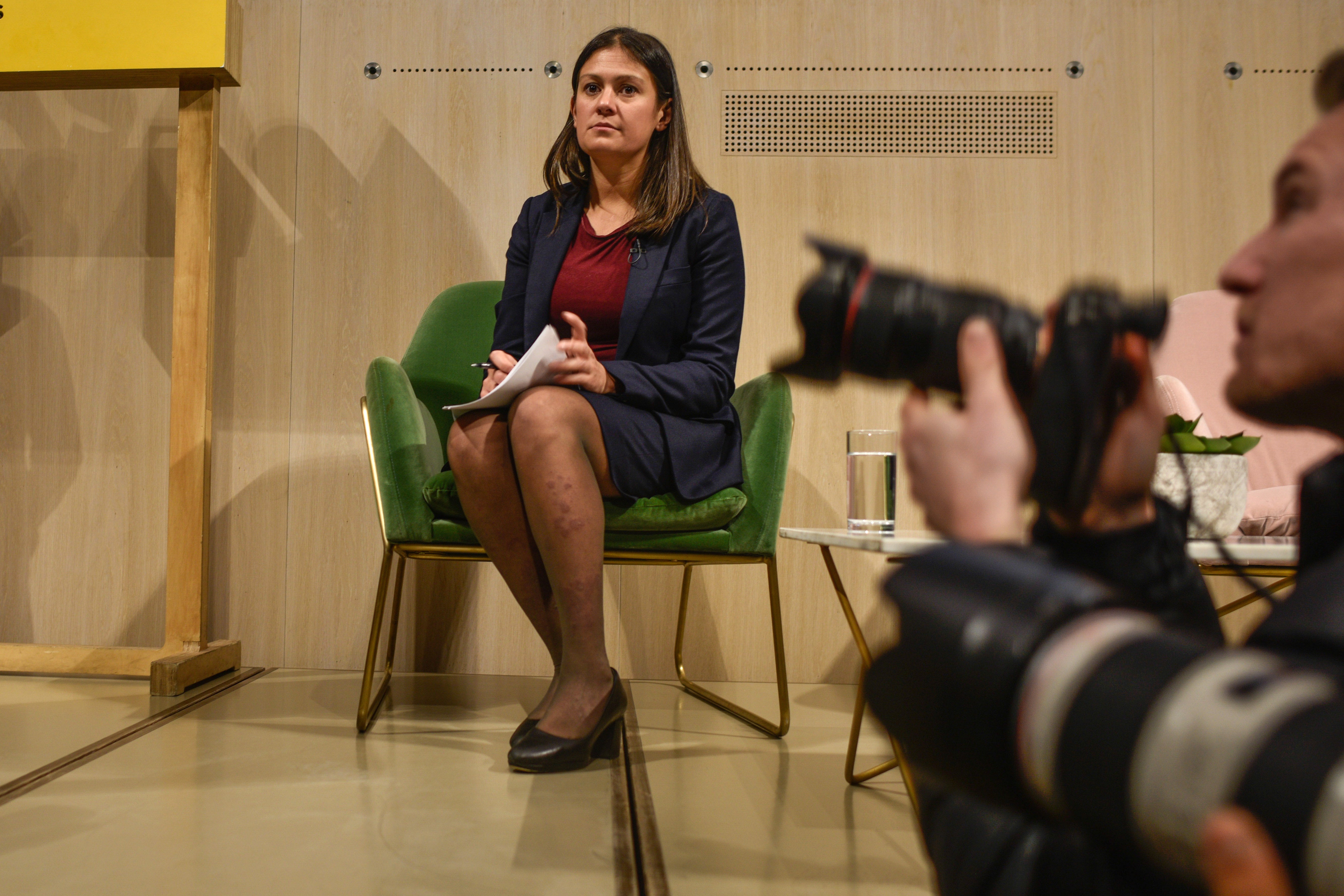
This situation continues to play out before us, and new revelations implicating members of the police force in unacceptable attitudes and behaviours towards women and crimes against women continue to emerge. What message does it send to those who may remain undetected within the force itself, that our political representatives will not fully commit to condemning misogyny in law? If those hidden elements within the force continue to feel protected the change women desperately need in police attitudes will be impossible to implement.
If we accept that internalised hatred of women is such a widespread issue, then surely we must take steps to tackle it; whatever the material cost of doing so may be. We must also recognise the way in which minimising misogyny helps to create a culture of sexual violence against women. Additionally, we must understand the ways in which reporting these crimes is supressed by that environment. If the common understanding is that the issue itself is not worth the police time needed to combat it, it makes it less likely that the current underreporting of sexual violence against women will improve. This means that statistics on rape and sexual assault will continue to show only a fragment of the true picture, and will make any attempts to tackle the issue of prosecutions more difficult.
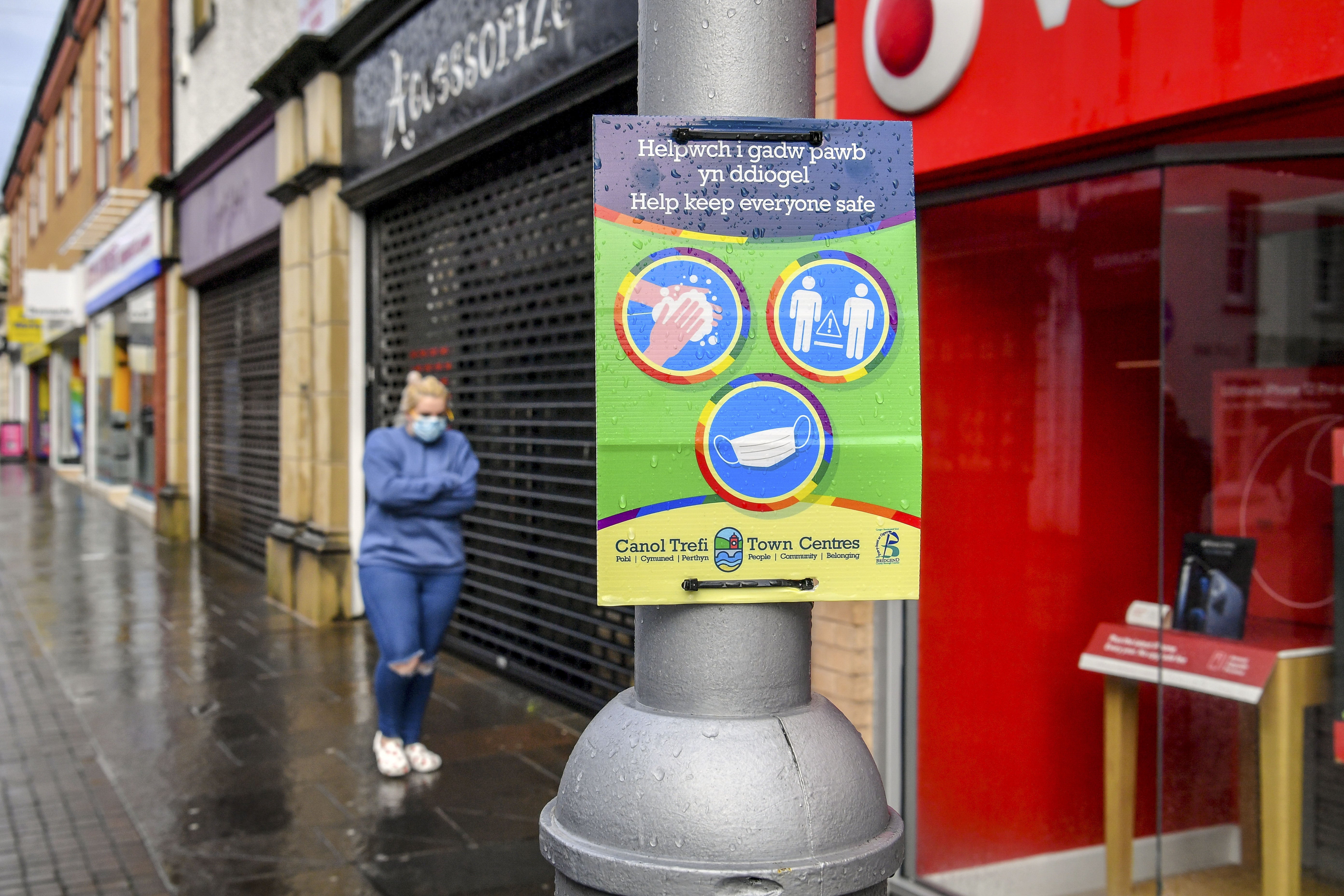
In 2020 there were 52,210 rapes recorded across England and Wales. These 52,210 reports lead to only 843 charges being brought against suspects which is 1.6 per cent of the reported crimes. To be clear, 1.6 per cent is the rate of charges brought against perpetrators, not of successful prosecutions. There have been a number of reasons given as to the declining rates of prosecution for such a serious and evidently widespread issue. They range from the increasing complexity of cases and evidence gathering, to staff cuts in the Crown Prosecution Service. When you take those elements into account, however, what we see is that once again, the services needed to effectively tackle the problem, are understaffed and under resourced. This also reinforces the idea that to those in charge, the problem is not worth the logistics and effort needed for it to be solved.
The truth that cannot be avoided in dealing with misogyny is that there is no quick fix solution. The suggested 888 number is a perfect example of the ways in which small and quick solution based thinking fails to take on a problem of this size. Quite apart from the obvious criticism that it would still largely rely on the understaffed police force, who in the light of recent events may not be trusted by women in this regard, this type of solution exposes another problem. It places the responsibility of combatting misogyny, a male issue, squarely on the shoulders of women. The idea that women should in some way ameliorate the problem of misogyny by changing their behaviours, dress or societal expression is nothing new; and neither is the knowledge that it’s no substitute for the large-scale social change needed to correct the views that some men hold.
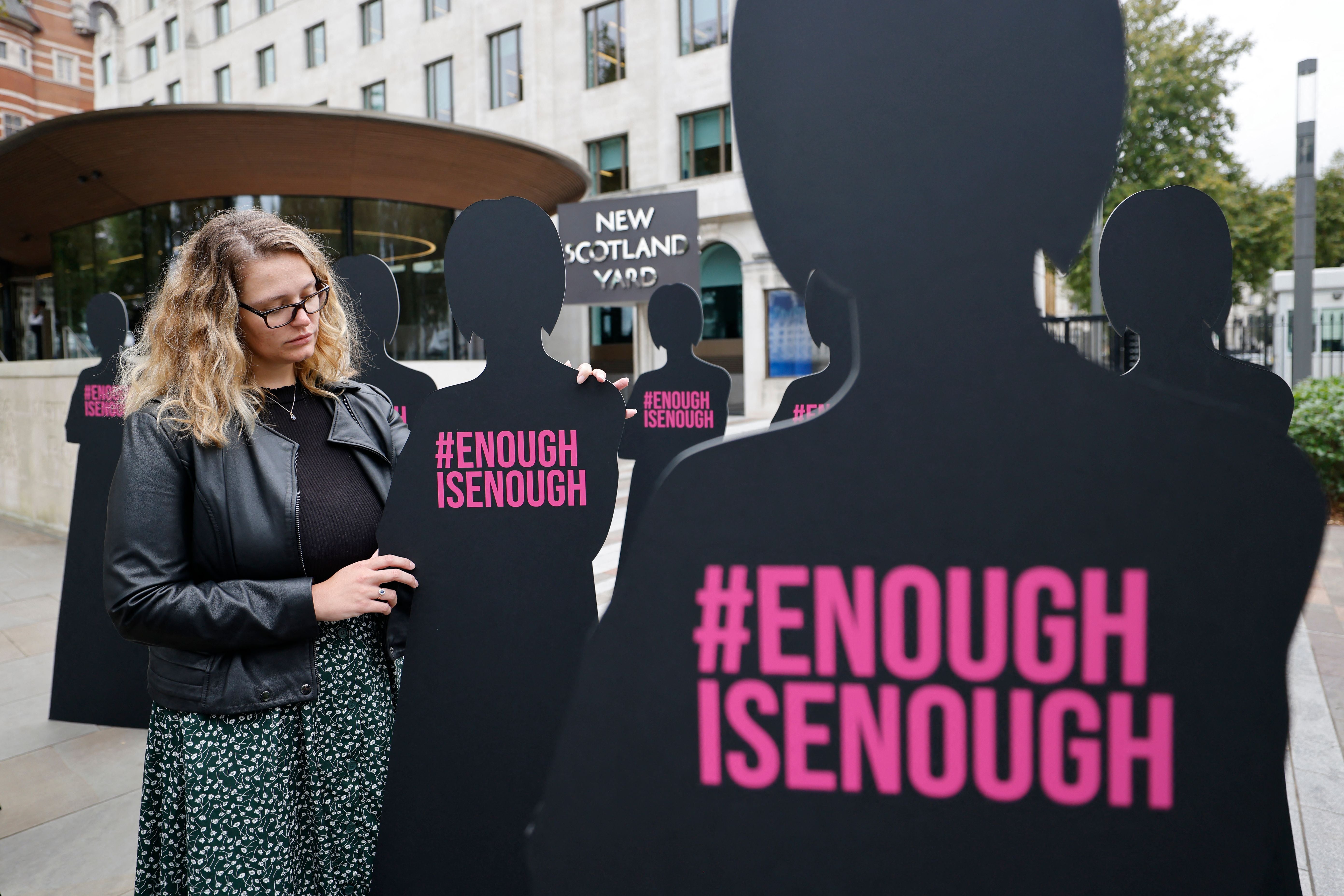
That women have experienced a high level of violence during the Covid-19 pandemic, during multiple lockdowns and societal restrictions, reinforces the knowledge that misogyny exists not only as an external threat but lurks within family environments. This tells us that if the government, indeed any government, wishes to correct an issue that has plagued roughly half of the population, they need to commit not only to making misogyny a criminal offence, but also to committing the resource to tackle the attitudes that enable it on a societal level. Like any other form of hate, misogyny is fuelled by the acceptance of attitudes of superiority, and as such the response to those attitudes must be the same as it would be to racism, homophobia, transphobia or any prejudice against an oppressed community. It must be rejected unequivocally by those we describe as leaders.
Whether or not our prime minister feels misogyny is as severe an issue as the statistics suggest must become an irrelevance. Men in power have shown time and again that when their feelings enter a debate about protections for women, in law or elsewhere, misogynist attitudes raise their head. This is something that can be expected in a patriarchal society, however elected officials cannot afford to let whatever prejudice they may hold, interfere with their ability to govern for the benefit of all the people they represent. It becomes all the more important when you consider that despite women in the UK making up 51 per cent of the population, only 34 per cent of MPs are female, and representation of women in the house of lords sits at 28.48 per cent. As it stands, only 21.7 per cent of positions within the cabinet are held by female ministers.
Misogyny will continue to thrive in our communities, on our streets, and in our homes while men are allowed to see its impact negated by those in power. It’s not enough to acknowledge that there are men who find misogyny acceptable; to do so implies that it is simply an unavoidable part of the male psyche. No prejudice is inherent; rather, they are inherited and learned. To combat this view, we must acknowledge the ways in which our gender roles and expectations empower men to hold these attitudes without question. We must continue to educate men of all ages, about the ways in which they benefit from and have learned to spread this doctrine. Misogyny is a crime driven by a societally acceptable hatred of women: it is a hate crime. The only way we can make true progress against it, is to define it as such in law and to provide the effort needed to put an end it.
Tom Huggins is a writer for the Immigration Advice Service. Their writing covers race, immigration, gender and education related issues




Join our commenting forum
Join thought-provoking conversations, follow other Independent readers and see their replies
Comments